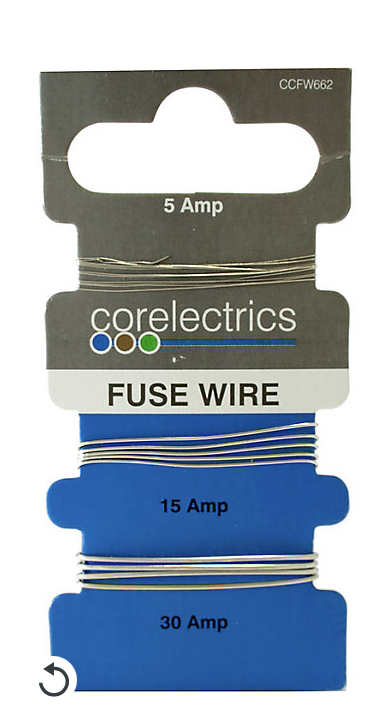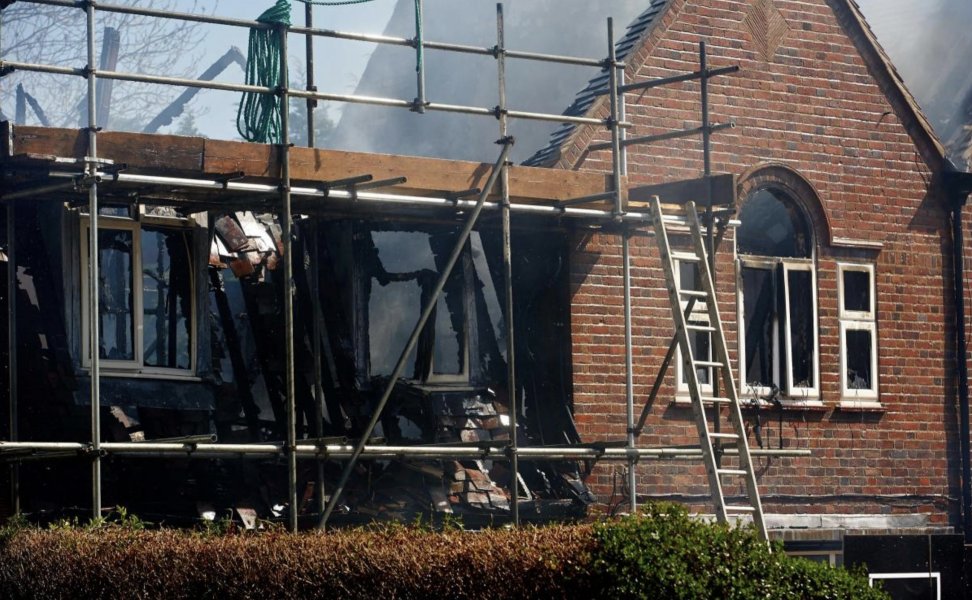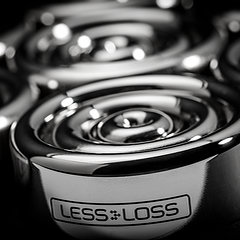Are you sure about your first comment. As I understand and experience, all electrical components heat up as current goes through them.
Per your later comment, I have thought on the idea of a CB vs fuse. I have hot rodded a panel to fast swap between a 20A hifi Supreme copper fuse and SqD CB. They were remarkably different.
Most all my equipment has a CB built into the IEC inlet. My amps are the only piece with fuses. I considered bypassing the fuse and using a 4A CB on the line feeding them. Just haven't gotten around to it. A simple din rail mounted SqD breaker in a box with the branch hot wire passing through only would work. But then I have to wonder if the slug in the fuse holder is coloring the sound. Lots to consider. I just tried a reasonably priced fuse with a better element and cap than a stock glass fuse. It did enough for me. I'm still wondering if it was really the fuse that changed over 200 to 300 hours, or something else. Like tubes or the amps passing about 600 hours of use. They are pretty new.
Firstly, here in the UK we can use a full USA or EU electrical rig without 13A fuses everywhere, just one at the wall socket would keep insurers happy. Some people do that.
Fist sized cables are not necessary (I did briefly used fist-sized Shunyata) and fuses are not hair thin. I now use thin and floppy Puritan Ultimate power cables, as do plenty of people on this forum. My car charger cable carries a constant draw of 7kW, about 30A, over 35m for 8 hours - I've seen thicker audio power cables. The last 5m that plugs into the car is thinner than most audio power cables.
Here the standard ratings with minimal voltage drop are 2.5mm conductors for 20A and 4mm for 32A. Most audiophile power cables seem to be massively over-specified for their current, but I appreciate there are many other reasons for the design/size of audiophile power cables and many people think those reasons make a difference. I briefly went there myself, so I'm as guilty as the next person.
I once calculated that a Bussman 13A fuse (as used by QSA and many others) is 250 times thicker than a human hair. I have a few audiophile 13A fuses, from MCRU. They are compliant Bussman fuses with gold-plated caps for a better connection. Russ Andrews and HiFi Tuning do the same tweak. They are included in a a Supra cable kit.
I am not an engineer or electrician, but I am curious. First off I bought a couple of "2A" audiophile fuses and tried them in my streamer. I read up about fuses and they are far more complex and sophisticated devices that I ever imagined. The rated load is only the starting point. As we seem to agree, fuses and CB's have different jobs and operate differently. They are not interchangeable. I also recently spent about $25,000 having my house rewired, which involved replacing literally everything starting at the 3-phase supply under the street. I learned a lot from my electricians.
When trying audiophile fuses in my streamer, Innuos advised to replace 2A with 3.15A audiophile versions (from Synergistic). They told me that audiophile fuses are different, so they recommend a higher rating. That had me a little worried.
You can look up fuse data for yourself. The resistive load for fuses above about 1A is nominal. I once calculated that at full load on a 240V system a 13A fuse drops about 0.1V. There is a huge amount of data on the Littelfuse website, both of how fuses work and specifications for every product they make. They make audiophile fuses that are widely used by audio manufacturers.
My concern about the SwissFuse device is that it is an electronic contact breaker replacing a thermal fuse and there is nothing published to explain its performance characteristics.
The SF fear factor marketing is incorrect, but many audio companies do that, so I apologise if I picked them out. The issue I have is that the common concern for many audio tweaks is that they are a solution for a made up problem that doesn't exist.








